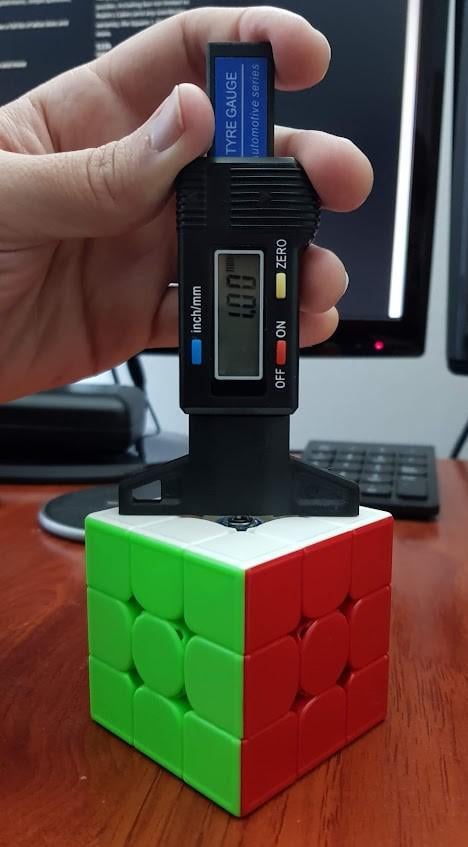Car Electrical Plug Connectors A Comprehensive Guide
Car electrical plug connectors are a crucial component in the functioning of any vehicle. They serve as the interface between different electrical systems and allow for the transfer of power and signals. In recent years, there has been a significant increase in the number of electronic components in cars, making reliable and efficient plug connectors more important than ever. In this guide, we will delve into the world of car electrical plug connectors, exploring their types, functions, and common issues.
Types of Car Electrical Plug Connectors

There are various types of car electrical plug connectors, each with its unique features and purposes. Some of the most commonly used ones are:
1. Terminal Connectors
Terminal connectors are the most basic type of plug connectors found in cars. They consist of two or more metal terminals that connect to form an electrical circuit. These connectors are used for low voltage applications such as lighting and radios.
Subheading 1: Types of Terminal Connectors
- Ring Terminals: These are shaped like a ring and have a crimping point on one end, making them easy to attach to a screw or bolt.
- Spade Terminals: These have a flat, spade-shaped end that can easily fit into a female receptacle.
- Bullet Terminals: As the name suggests, these connectors resemble a bullet and are commonly used in automotive wiring harnesses.
Subheading 2: Advantages of Terminal Connectors
- Easy to install: Terminal connectors are simple and quick to install, making them popular among DIY enthusiasts.
- Cost-effective: These connectors are relatively inexpensive, making them an ideal choice for budget-conscious individuals.
- Versatile: Terminal connectors come in various shapes and sizes, making them suitable for a wide range of applications.
Subheading 3: Disadvantages of Terminal Connectors
- Limited current carrying capacity: Terminal connectors are not suitable for high voltage applications as they have a limited current carrying capacity.
- Prone to corrosion: If not installed correctly or exposed to moisture, terminal connectors can corrode over time, leading to poor electrical connections.
2. Blade Connectors
Blade connectors, also known as spade connectors, are a type of plug connector commonly used in automotive wiring harnesses. They consist of flat metal blades that slide into female receptacles, providing a secure connection.
Subheading 1: Types of Blade Connectors
- Male Blade Connectors: These have a single blade and are typically used as the male end of a connection.
- Female Blade Connectors: These have a slot to accommodate the male blade and are generally used as the female end of a connection.
Subheading 2: Advantages of Blade Connectors
- Easy to connect and disconnect: Blade connectors can be easily plugged in and unplugged, making them convenient for troubleshooting and repairs.
- Reliable connection: The flat metal blades provide a tight and secure connection, minimizing the chances of loose connections.
- Variety of sizes: Blade connectors come in various sizes, allowing for easy customization to fit different wiring needs.
Subheading 3: Disadvantages of Blade Connectors
- Limited current carrying capacity: Like terminal connectors, blade connectors are not suitable for high voltage applications.
- Prone to accidental disconnection: The ease of plugging and unplugging blade connectors can also make them prone to accidental disconnections.
Common Issues with Car Electrical Plug Connectors

Despite their crucial role in a car's electrical system, plug connectors are susceptible to various issues that can affect the overall performance of a vehicle. Let's take a look at some of the most common problems associated with car electrical plug connectors:
1. Loose Connections
Loose connections can occur due to various reasons, including improper installation or exposure to vibrations. Loose connections can lead to intermittent or complete loss of power, affecting various electrical components in the car.
Subheading 1: How to Fix Loose Connections?
- Tighten the connection: If the plug connector is loose, you can simply tighten it to restore a secure connection.
- Replace the connector: In some cases, the connector may be damaged beyond repair, and replacing it with a new one is the best solution.
2. Corrosion
Corrosion is a common issue that can affect plug connectors, especially if they are exposed to moisture. Over time, corrosion can weaken the connection, leading to voltage drop and poor performance of electrical components.
Subheading 1: How to Prevent Corrosion?
- Use dielectric grease: Applying dielectric grease on plug connectors can prevent moisture from seeping in and causing corrosion.
- Regular maintenance: Regularly inspecting and cleaning plug connectors can help prevent corrosion from occurring.
3. Burnt Connectors
Burnt connectors are a result of excessive heat build-up caused by high resistance or overloading. This can lead to melting and damage to the connection, affecting the performance of the electrical component.
Subheading 1: What Causes Burnt Connectors?
- Overloading: If an electrical component draws more current than the connector can handle, it can cause overheating and burning.
- Poor connections: Loose or corroded connections can also cause heat build-up, resulting in burnt connectors.
Subheading 2: How to Fix Burnt Connectors?
- Replace the connector: In most cases, burnt connectors cannot be repaired and need to be replaced with a new one.
- Address the underlying issue: It is essential to identify and address the root cause of the problem to prevent the issue from recurring.
FAQs about Car Electrical Plug Connectors

1. What are the different types of automotive wiring harness connectors?
There are various types of automotive wiring harness connectors, including blade connectors, terminal connectors, bullet connectors, and more.
2. Can I use terminal connectors for high voltage applications?
No, terminal connectors are not suitable for high voltage applications as they have a limited current carrying capacity.
3. How do I know if my car's plug connectors are loose?
You may experience intermittent or complete loss of power in your car's electrical components if the plug connectors are loose.
4. What is the best way to clean plug connectors?
Using a contact cleaner or rubbing alcohol can effectively clean plug connectors and prevent corrosion.
5. Can I repair burnt plug connectors?
In most cases, burnt plug connectors need to be replaced with new ones as they cannot be repaired.
Conclusion

Car electrical plug connectors are a vital component in any vehicle, responsible for the transfer of power and signals between different electrical systems. Understanding the different types of connectors and common issues associated with them can help car owners maintain the performance and reliability of their vehicles. Regular maintenance and prompt addressing of any issues can go a long way in ensuring the smooth functioning of plug connectors and, ultimately, the entire electrical system of a car.



